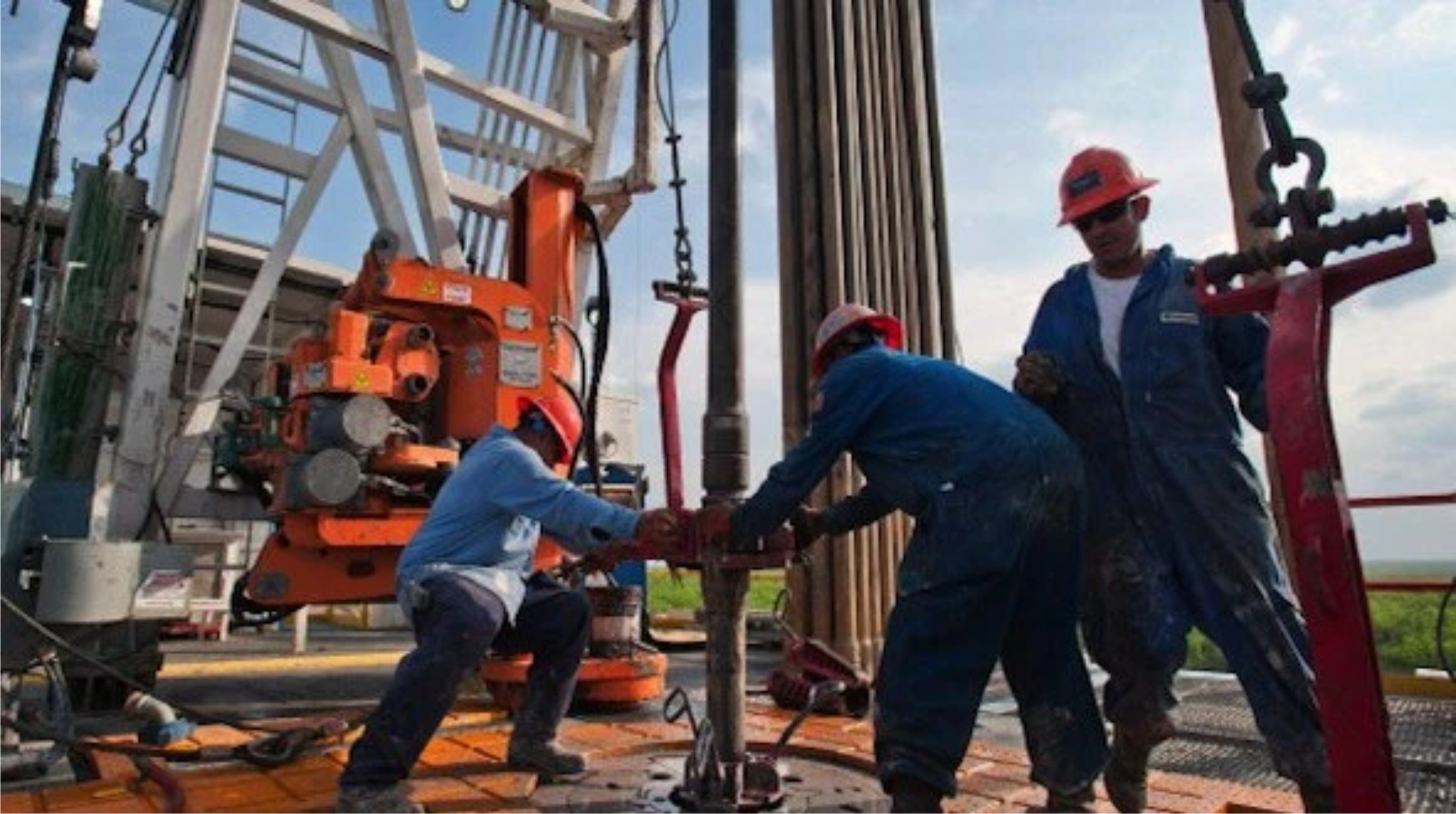Crude oil exports from Nigeria to Europe have increased to 730,000 barrels per day despite the shortage of its supply to local refineries.
On Thursday, the Nigerian National Petroleum Company Limited revealed that Nigeria’s crude oil flow to Europe had increased in a bid to fill supply gaps left by the ban on Russian crude.
This is just as the Crude Oil Refinery Owners Association of Nigeria told newsmen that the Federal Government had begun the move to increase supply to local refineries.
The Executive Director, Crude and Condensate, NNPC Trading Limited, Maryamu Idris, disclosed this during a presentation at the Argus European Crude Conference in London, according to a statement issued by the oil firm in Abuja.
She pointed out that six months before the Russia-Ukraine war, 678,000bpd of Nigerian crude grades went to Europe, compared to 710,000bpd six months later and 730,000bpd so far this year.
“This trend makes it evident that Nigerian grades are increasingly becoming a significant component in the post-war palette of European refiners. Several Nigerian distillate-rich grades have become a steady preference for many European refiners, given the absence of Russian Urals and diesel.
“Forcados Blend, Escravos Light, Bonga, and Egina appear to be the most popular, and our latest addition — Nembe Crude – fits well into this basket. This was a strong factor behind our choice of London and the Argus European Crude Conference as the most ideal launch hub for the grade,” Idris stated.
Her revelation came just about one week after The PUNCH reported that local refineries were starved of crude oil, although about five of them were ready to start producing refined petroleum products.
On November 2, 2023, The PUNCH exclusively reported that the failure to supply crude oil to domestic refineries, including the multi-billion dollar Dangote Refinery, had stalled the production of refined petroleum products at the facilities.
The report also stated that the 650,000 barrels per day Dangote refinery in Lagos missed the October production projection it had earlier set.
The October production target miss made it the second time in 2023 that Dangote Refinery would raise hopes of Africa, especially Nigeria, of a possible end to petrol importation. However, the failure to begin production means that Nigeria will continue to rely on fuel importation.
But in a swift reaction, the NNPCL announced the same day that it would provide six million barrels of crude to Dangote refinery in December 2023.
Similarly, the Federal Government met with operators of domestic refineries last week Wednesday in a bid to address concerns about the unavailability of crude oil for indigenous refiners.
At the meeting, the government specifically stated that “it is going to be a matter of national shame if we cannot meet our domestic crude obligations to step up our refining capacity,” stressing that the 650,000 barrels per day Dangote refinery was ready and should be provided with crude.
Gbenga Komolafe, the Chief Executive of the Nigerian Upstream Petroleum Regulatory Commission, an agency of the Federal Government, had disclosed this in Abuja during the meeting with operators of domestic refineries.
“Good enough we have the largest refinery in Africa that is the Dangote refinery. It is ready to commence operations. We’ve received a request from the refinery to guarantee feedstock to the 650,000 barrels refinery and we believe that as a nation it will be a shame if we cannot meet the feedstock of the refinery,” Komolafe stated.
Local refiners react
Reacting to the rise in crude oil export to Europe amid shortage for domestic refineries, the Secretary, Crude Oil Refinery Owners Association of Nigeria, Olusegun Ilori, said CORAN was optimistic that the government would provide crude for modular refineries.
CORAN is a registered association of modular and conventional refinery companies in Nigeria. Modular refineries are simplified refineries that require significantly less capital investment than traditional full-scale refineries.
“The government has set some guidelines geared towards increasing crude oil supply to local refineries. So far these guidelines are followed we have no issue. We hope the oil producing companies comply with it as regards crude supply obligation to local refineries,” he stated.
Supply to India drops
Meanwhile, Idris stated that the export of crude oil from Nigeria to India had crashed, as an analysis of figures released by the NNPCL official showed that it dropped by about 52 per cent.
NNPCL attributed the crash in oil export to India to the lingering conflict between Russia and Ukraine, which impacted Nigerian crude inflows in the international market.
This, it said, led to a dip in demand from the once-dependable Asian market at the onset of hostilities in the Eastern bloc.
Idris explained that in addition to the substantial price shocks impacting commodity and energy prices globally, the conflict between Russia and Ukraine triggered a situation where India, a primary destination for Nigerian grades, increased its appetite for discounted Russian barrels to the detriment of some Nigerian volumes.
“To illustrate the extent of this shift, Nigeria’s crude exports to India dwindled from approximately 250,000 barrels per day in the six months preceding the February 2022 invasion of Ukraine to 194,000bpd in the subsequent six months afterwards.
“And so far, this year, only around 120,000bpd of Nigerian crude volumes have made their way to India,” she said.
The drop in oil export to India from 250,000bpd to 120,000bpd represents a reduction of 52 per cent in the volumes of crude shipped from Nigeria to the Asian nation.
On production challenges, she stated that like many other oil-producing countries, Nigeria had faced production challenges aggravated by the COVID-19 pandemic, including reduced investment in the upstream sector, supply chain disruptions impacting upstream operations, ageing oil fields, and oil theft by unscrupulous elements.
These factors, she said, contributed to production declines in the second half of 2022 and early 2023.
Idris, however, noted that the challenges were fast becoming a thing of the past with the introduction and implementation of a new framework for the domestic petroleum industry.
She said the Petroleum Industry Act 2021 was rejuvenating the business landscape, and re-positioning NNPC Limited to adopt a more commercial approach to the management of the nation’s hydrocarbon resources.
According to her, NNPC Limited had secured vital partnerships with notable financial institutions to promote upstream investments to restore and sustainably grow production capacity in the coming years.
“NNPC Limited is championing concerted efforts in partnership with host communities and private stakeholders to address the security and environmental challenges in the Niger Delta to further fortify production growth.
“Suffice to say we have already begun seeing significant progress on the rebound. In September 2023, Nigeria recorded its highest crude oil and condensate output in nearly two years, reaching 1.72 million barrels per day. This, we believe, is just the beginning of our production rebound,” Idris stated.
She affirmed that in addition to sustainably growing upstream production volumes, NNPC Limited was also increasing its participation in the downstream sector in line with a ‘wells-to-wheels’ approach, taking the country’s unique hydrocarbon molecules as close as possible to end-users.
The vehicle for this, she said, was the restructured NNPC Trading Company, focused on growing NNPC’s presence in the global market for crude, condensate, gas, and petroleum products.










